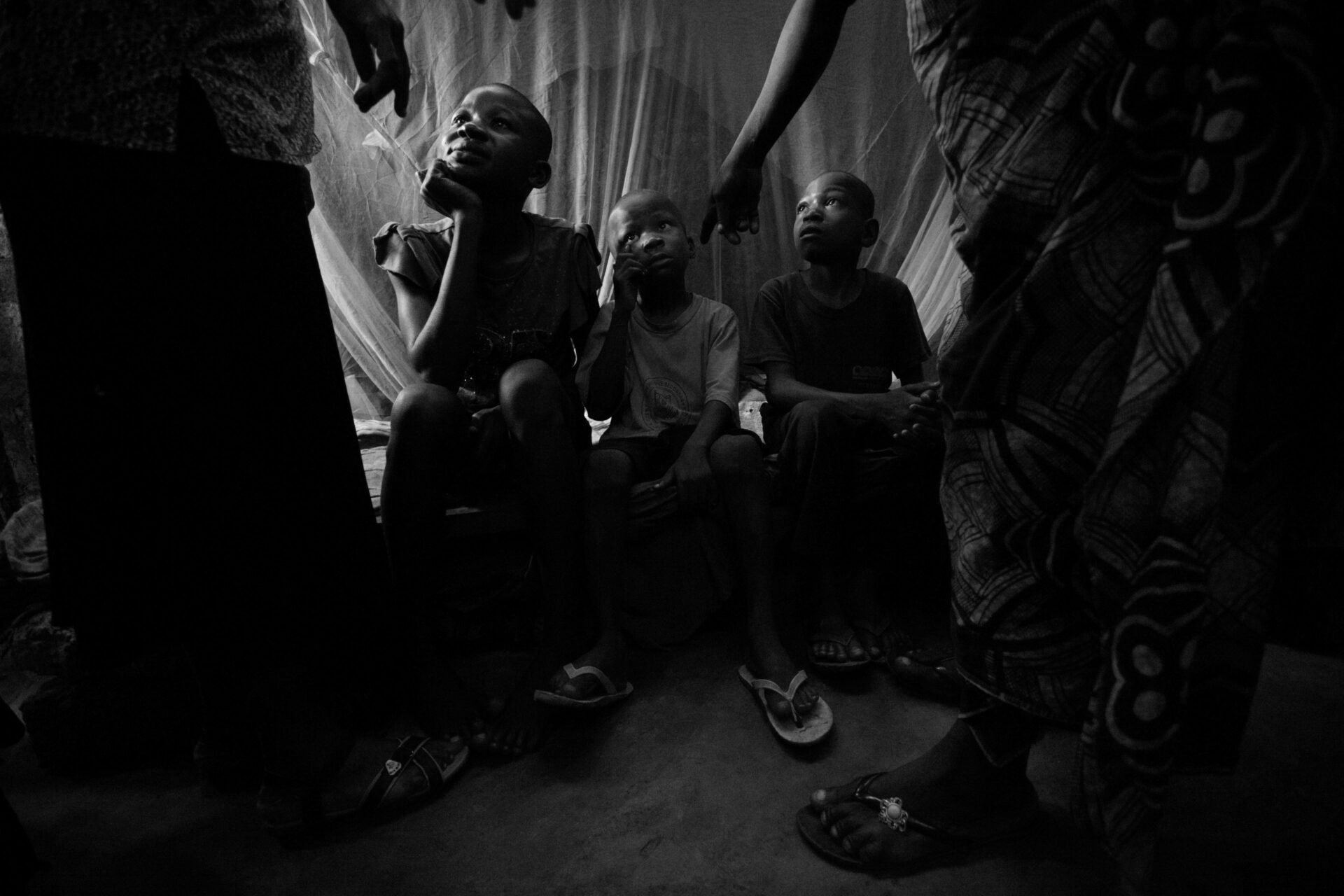
Responding to Mis- & Disinformation When Marginalized Groups Are Targeted
Disinformation Toolkit 2.0
How to counter stigmatization in the humanitarian response to COVID-19
InterAction’s report Countering Stigmatization in the Humanitarian Response to COVID-19 offers a series of recommendations on responding to dis- and misinformation targeted at marginalized groups, with an aim to limit its stigmatizing effect. These methods should be considered in addition to the recommendations offered previously in this report:
- Community-driven models based on dialogue, empathy, colloquialism, and trust ensure that positive outcomes spread further through effective two-way communication.
- Organizations should work with traditional actors who are already trusted figures within the community. This includes local doctors, influencers, or community connectors with access to the broader community.
- Messaging should provide factual information and seek to promote social cohesion, providing positive narratives that counter misinformation.
- Explaining the truth is preferable to debunking myths because addressing myths can increase their spread. This is especially dangerous when dealing with misinformation targeting marginalized groups, which plays on pre-existing societal stereotypes.
- It’s important to root programming in client preferences regarding language, how information is shared, and online versus offline means of communication, especially when attempting to support marginalized groups, which often connect and communicate in closed or private groups for safety.
These additional resources bolster these core recommendations and provide detailed technical guidance for organizations seeking to track and respond to rumors, disinformation, and misinformation impacting marginalized people and exacerbating stigma during crises:
- Save the Children and Breakthrough Action’s February 2021 guide to Disrupting COVID-19 Stigma, includes important considerations and resources to support country programs in recognizing and working to reduce stigma around COVID-19.
- UNICEF, WHO, and IFRC’s guide for preventing social stigma associated with the coronavirus disease is a brief summary of key recommendations and resources to prevent the spread of stigma associated with COVID-19.
- Defusing Hate: A Strategic Guide to Counteract Dangerous Speech (U.S. Holocaust Memorial Museum).
- UNICEF’s August 2021 publication, Digital Misinformation/Disinformation and Children, explains how policymakers, civil society, tech companies, and parents and caregivers can act to support children as they grow up, pushing back the rising tide of misinformation and disinformation.
SignPost
The International Rescue Committee and Mercy Corps’ SignPost is an information and community engagement platform that operates via the social media and digital platforms already used by crisis-affected and marginalized people, to get them critical information relevant to their lives during crisis in which they may be far from their families, homes, and other elements of recognized support systems. SignPost was launched by IRC and Mercy Corps in 2015 at the height of the European refugee crisis and was developed with the support of technology companies such as Google, Cisco, TripAdvisor, Twilio, Box, Facebook, and Zendesk. The platform delivers contextualized information based on the unique and specific problems that affected populations face, and is customized and designed specifically for each crisis context and “meets people where they are” by communicating over the channels affected populations already use. Learn more HERE.